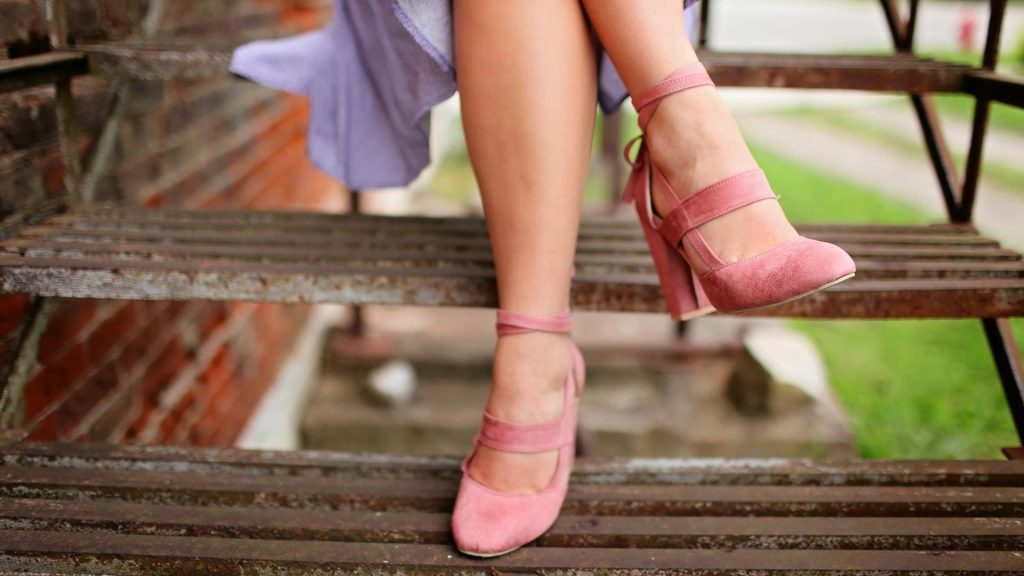FREE Shipping on Orders over $89 with Account – Create One Today!
- (844)-859-9400
- Get Help

Lymphedema is a condition where the fluid in your body’s tissues becomes backed up. Managing this condition involves not only treatments but also daily precautions to prevent symptoms from worsening.
Think of daily precautions as the rules of the road for lymphedema care. Just as you wouldn’t text while driving to avoid accidents, some activities can exacerbate lymphedema or lead to complications if not done carefully. For example, it’s important to avoid heavy lifting with affected limbs, as it can further congest the already compromised lymphatic system.
In the following sections, we’ll explore additional activities and practices to avoid while living with lymphedema. Some items on this list might be easily overlooked, so it’s crucial to be aware of them to maintain your safety and health so you can navigate life with fewer lymphedema flare-ups.
Living with lymphedema means being mindful of activities and habits that could worsen your condition. High-intensity exercises that stress the affected areas are a clear no-go, as they can cause unwanted swelling and discomfort.
However, there are also less obvious factors that could lead to issues. Below, we’ll outline 12 things you should avoid if you have lymphedema to help manage your condition more effectively.
By avoiding the potentially problematic factors mentioned above, you’re setting yourself on the right path to manage your lymphedema symptoms and prevent unwanted complications.
Remember, everyone’s situation is unique, and this list serves as a general guideline. For advice tailored to your or a loved one’s specific case, it’s crucial to consult with a healthcare provider.
The first rule of lymphedema care is to moisturize like it’s going out of style. Dry skin can crack, opening doors for infections that we don’t want. Swelling can cause dry, thick skin or blisters. Because of this, it makes sense to find a good moisturizer and apply it routinely. Our shop at Medical Monks has several different creams, lotions, and moisturizers made for these situations.
It’s also important to remember that gentle soaps without harsh chemicals or fragrances should be your go-to cleansing agents because they’re less likely to irritate or dry out your skin.
Last, but not least, keep those nails clean and trimmed; no one wants an accidental scratch turning into a bout with cellulitis—a potential scenario for anyone with lymphedema. By keeping things smooth on the surface, you’ll give yourself some peace beneath it all.
As highlighted earlier, steering clear of foods and drinks that trigger inflammation is crucial in managing lymphedema. This point merits further discussion to emphasize its importance in your overall care strategy.
When it comes to lymphedema, it’s all about managing the swelling, right? Some foods add to your swelling. We’re talking salty snacks, processed foods, and yes, even those sugary treats.
It’s important to remember that salt is not your friend in this situation; as it holds onto water and has the potential to increase your swelling. Aim for fresh veggies and fruits instead of reaching for chips or pretzels. And let’s chat about alcohol—it might seem like a good idea at happy hour — but think twice before indulging too much as it can lead to more inflammation.
Caffeine is another one to mostly avoid. While one cup of joe won’t hurt, guzzling down several could amp up fluid retention. Staying hydrated with water is key because dehydration tells your body to hold onto fluids even tighter as seen in studies.
Keeping balance on your plate will help keep balance in your tissues.
Living with lymphedema means playing by the rules. Avoid heavy lifting and strenuous exercise to prevent flare-ups. Keep your skin clean, moisturized, and nick-free; it’s your first line of defense against infection.
Watch what you eat and drink because diet matters here. Skip the salt shaker, cut back on alcohol, and stay hydrated for better symptom management.
Dress smartly—think loose clothing over tight—and use compression garments as directed. They’re not just accessories; they’re necessities for keeping swelling in check.
And remember, Medical Monks has the necessary supplies to help on this front, providing everything from essential moisturizers to antibacterial ointments and compression garments.

Edited for content by ADAM PAGE.
